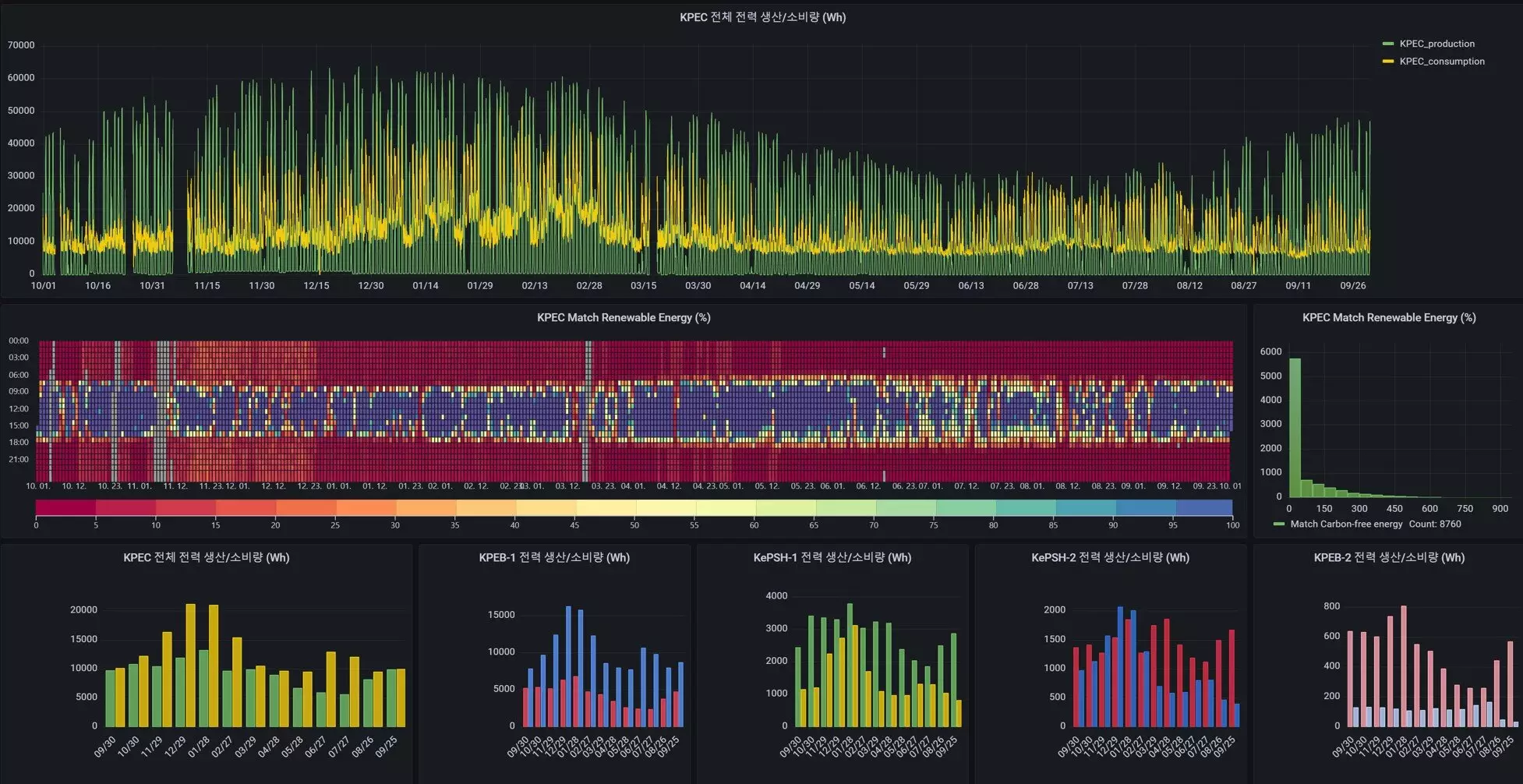The concept of Urban Electrification represents a transformative shift in how cities manage their energy consumption, utilizing advanced technologies, particularly artificial intelligence (AI). Recent research in the journal Sustainable Cities and Society has elucidated the critical role AI can play in enhancing urban energy systems. The collaboration between the Renewable Energy System Laboratory and the Energy ICT Research Department at the Korea Institute of Energy Research (KIER) has provided tangible solutions aimed at reducing fossil fuel reliance while bolstering renewable energy integration. Despite its nascent status in South Korea, the movement towards electrified urban frameworks has gained momentum in the United States and Europe, delineating a clear path toward carbon neutrality and sustainable environmental practices.
Traditional urban models have long relied on fossil fuels to create a balance between energy supply and electricity demand. This conventional approach often provides a stable framework due to its flexibility in adjusting energy output according to demand fluctuations. However, as cities begin to transition towards sustainable energy practices, the increased dependence on renewable resources introduces complexities. One of the primary challenges is the inherent variability of renewable energy sources, like solar and wind, which are vulnerable to weather conditions.
Consequently, cities aiming for electrification face pronounced issues, particularly during Low-Probability High-Impact Events (LPHI), such as unprecedented cold snaps or extreme heat waves. These events, which occur infrequently—averaging just 1.7 days per year—can drastically spike energy demand while simultaneously curtailing energy production capabilities. The interaction of these unpredictable variables threatens to destabilize urban power grids, risking large-scale blackouts and highlighting the need for innovative solutions.
Responding to these challenges, researchers developed a robust energy management algorithm that leverages AI to analyze a multitude of factors influencing energy consumption and production patterns. The research team took a systematic approach, investigating how various elements—such as building types, local weather, human behavioral trends, and operational dynamics of renewable energy facilities—interact and impact the grid’s stability.
The primary goal of this AI-driven approach was to devise an effective mechanism for optimizing energy distribution among buildings while anticipating peak demand and energy generation periods. Utilizing the insights gleaned from their analysis, the team crafted an advanced system that not only achieves a daily balance of energy but is also adept at responding agilely to LPHI events. This responsiveness is vital in maintaining grid stability, even when external conditions become challenging.
The efficacy of this innovative energy management system was demonstrated in a community-scale application designed to mimic the essential characteristics of urban electrification. The results were compelling—an energy self-sufficiency rate of 38% and a self-consumption rate of 58% were achieved, marking a pronounced improvement over the 20% self-sufficiency and 30% self-consumption rates of traditional systems devoid of the AI algorithm. Further highlighting the success of this initiative, the application resulted in an impressive 18% reduction in electricity costs, while also enhancing grid stability.
With the demonstration encompassing an annual energy consumption of 107 megawatt-hours (MWh), this figure far surpasses previous simulation-based studies conducted by leading international institutions, reinforcing the practical viability of these systems in real-world urban scenarios.
The work undertaken by the KIER research teams not only represents a significant advancement in urban energy policy, but also establishes a critical foundation for the broader adoption of AI technologies in energy management. As cities grapple with the dual challenges of climate change and increasing energy demands, the concept of Urban Electrification, underpinned by intelligent algorithms and sustainable practices, emerges as an essential architectural blueprint for future urbanization. This research reinforces the belief that a collaborative, technology-driven approach can lead to transformative change, ultimately enabling cities worldwide to embrace a more sustainable, resilient energy future.


Leave a Reply